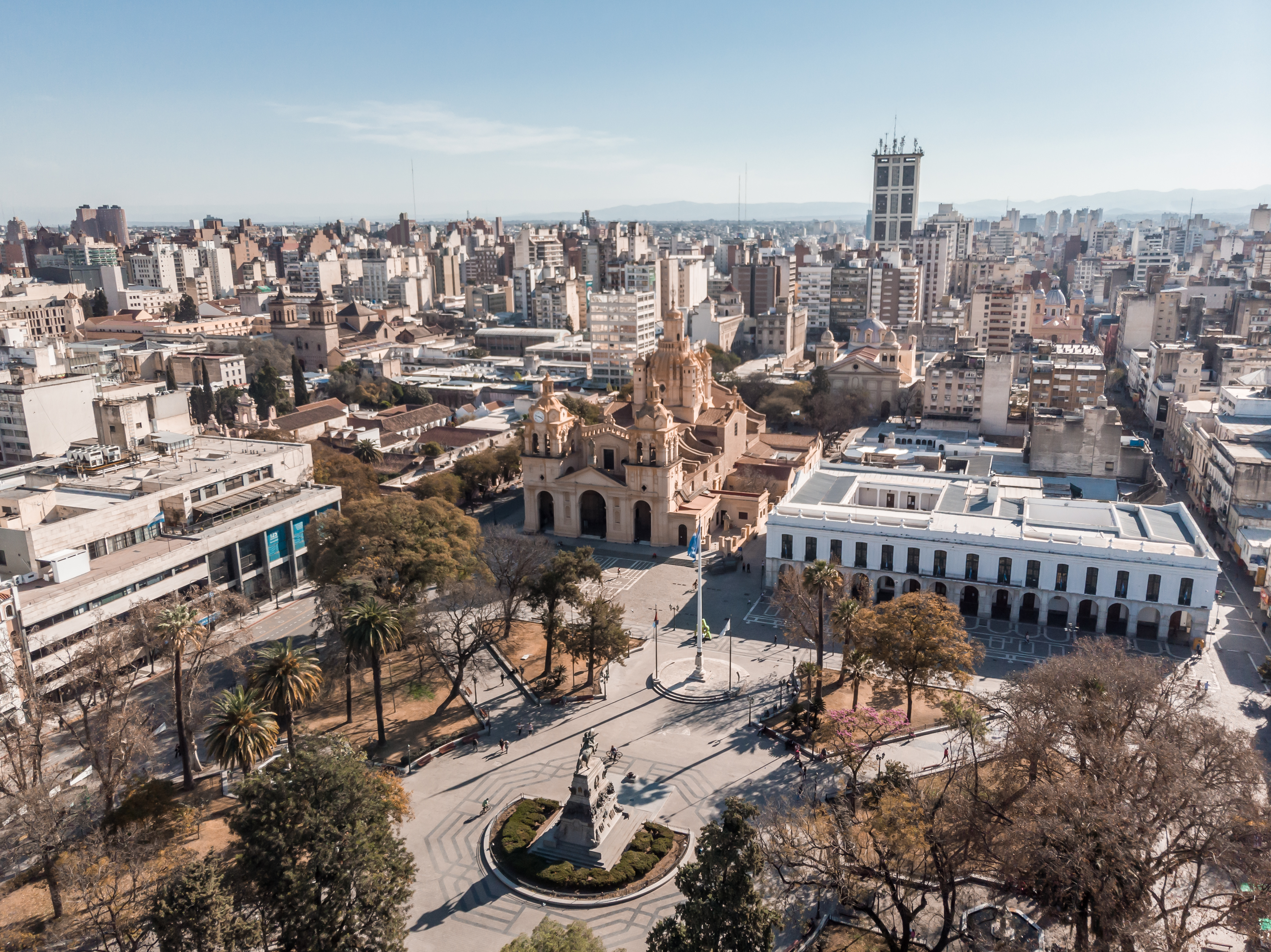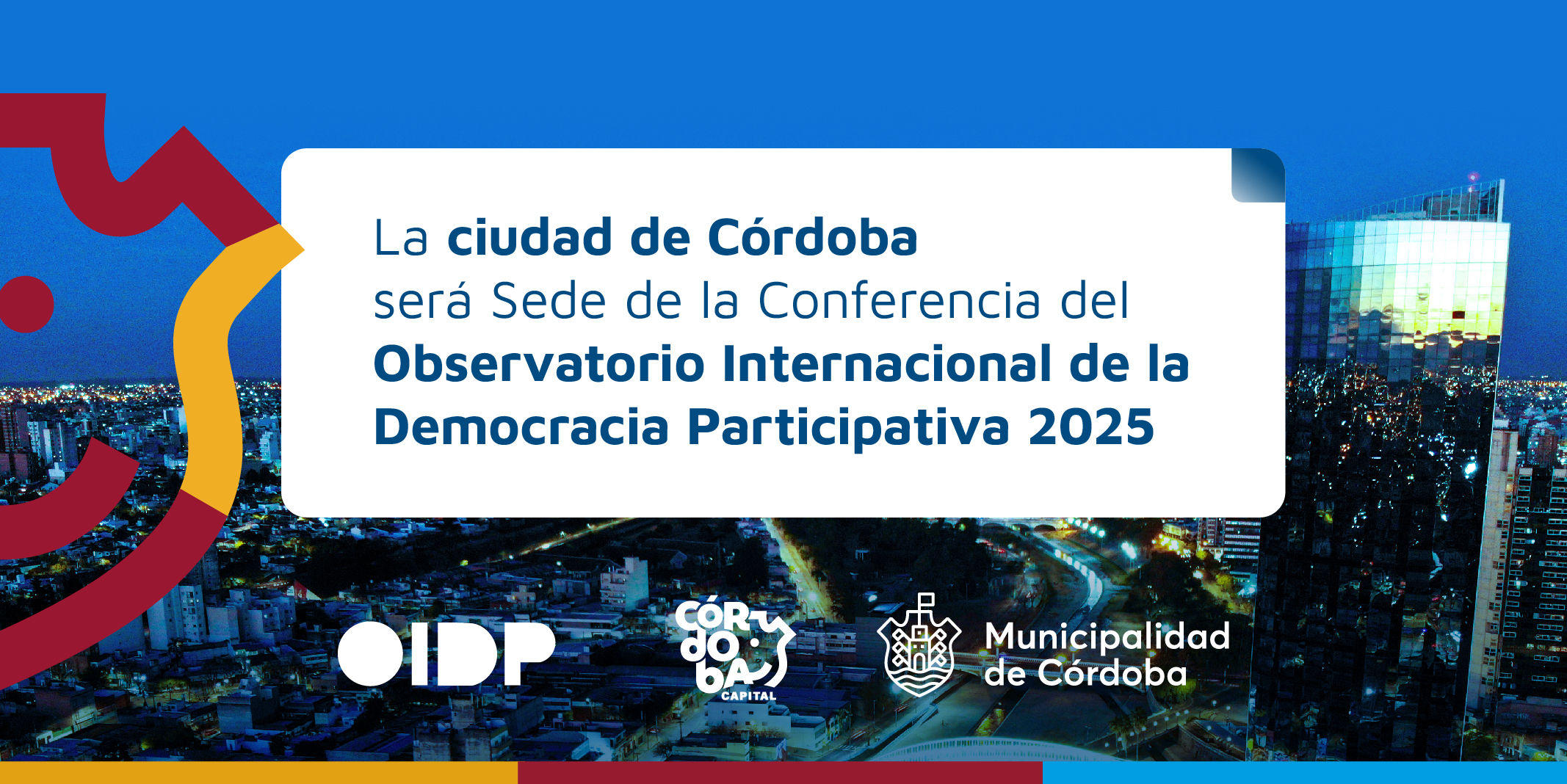The Argentine city will host the 24th IOPD Conference in May 2025. The meeting will bring together local and regional leaders, members of academia and civil society to strengthen participatory democracy.
The municipality of Córdoba, Argentina, will host the 24th conference of the International Observatory on Participatory Democracy. The city, with the support of the provincial government, has applied to host the event, which will take place over three days in May 2025.

The International Observatory for Participatory Democracy (IOPD) is an international network of cities that is a global standard in the field of participatory democracy at local level, created to promote cooperation, the production of knowledge and the exchange of experience on democratic innovations between all regions of the world.
In 2025, the city of Córdoba will assume the presidency of the organisation and host the 24th Annual Conference, orienting it according to its priorities in this field, succeeding the city of Valongo (Portugal), where the Annual Conference will be held in 2024, and joining the cities of Barcelona, Rio de Janeiro, Montreal, Madrid, Mexico City, Matola and Reggio Emilia, among others.
The administrative, operational and political decentralisation of cities, self-management bodies, institutes of direct and semi-direct democracy and integration policies in increasingly diverse urban social contexts will be some of the themes proposed for discussion.
The municipality of Córdoba is a standard in terms of decentralisation and citizen participation, the promotion and deepening of governance and the generation of joint actions with entities that articulate neighbourhood and civil society policies.
In recent years, the existing institutes of participatory democracy, namely the participatory neighbourhood budget, neighbourhood participation councils and the self-management scheme for neighbourhood development, have been modernised. At the same time, the processes of the Neighbourhood Participation Councils provided for in the Organic Charter have been implemented in all the Community Participation Centres, giving the institutions in each neighbourhood the opportunity to decide on Neighbourhood Improvement Plans that have served as the basis for public policies and works in each sector of the city.
During the three days of the meeting, the conference should become an opportunity to promote cooperation between cities and international organisations in the field of democratic innovations, in collaboration with the leading academics in this field and the political leaders of the main local authorities in the world.
